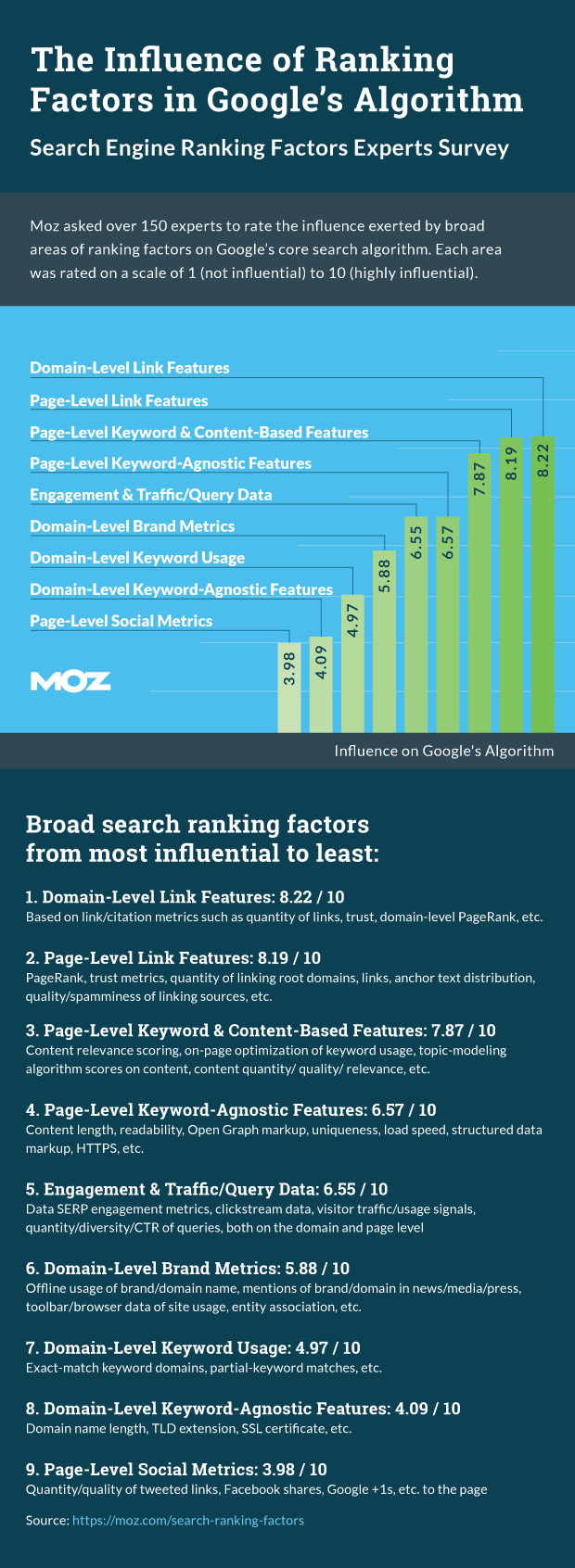The world of SEO is plugged with, well, I’ll be frank – a lot of garbage and misinformation. Literally anyone can throw up a website and call themselves an SEO professional. Then, they can swear up and down what works and what doesn’t, even if they have no experience with the process themselves.
I’m a pretty honest, down-to-earth type, and I don’t like to give you any bad information. At a higher level, SEO is impossible to predict because you have no idea what Google is actually factoring into its algorithm. But, based on experience and talking with others in the industry, you can make reasonable assumptions about what will work for SEO in 2013 and the years after.
Ignore the Hoopla, Here’s What Works
Beyond the shadow of a doubt, here are some things you can count on working now and in the coming future:
Content. Common sense tells you Google wants to remain a rich and powerful corporation, and expand that wealth and power. How does any business stay alive? By giving the market what it wants.
Right now, and in the future, the market wants content. At the SEO level, you have to make sure keywords appear in titles and scattered throughout the content in a natural way. Google, and the market, also like websites with diverse forms of content – images, videos,infographics, and written material.
A long tail. Long-tail keywords (3 words or longer in length), are responsible for driving more and more traffic to websites. It’s making less and less sense to target a handful of keywords and build links for them, especially given Google’s emphasis on providing web users with local results.
If you’re doing your own SEO, you can safely bet blogging and creating static web pages around long-tail keywords will be effective for the near future.
We’re Not in Kansas Anymore Dorothy…
SEO has significantly changed over the years. A few years ago, you could spam the hell out of a few keywords on your web pages, and you would be ranking highly for those terms. Now, you have to be smart about it – Google wants your site to create an awesome user experience. Here are some ways SEO might look different in the years ahead:
Google will prefer sites with loads of content. Micro-sites will slowly lose their search engine rankings. Although they’re not seen as manipulative by Google now, if Google wants your site to provide a great user experience, it makes sense that Google wants big, robust websites with in-depth content. It also follows that the marketplace will want the same – why visit a website regularly that rarely updates its content?
Unique content. Many people get caught up in the idea of unique content being a certain percentage of words. For example, some believe if 41% of an article has unique wording, then it looks unique to Google. On a recent Whiteboard Friday, SEOMoz’s Rand Fishkinhad this to say about that view:
“The algorithms that you might imagine are so much more sophisticated than an exact percentile of what is and isn’t duplicate, even when it comes to just studying the content in here. That specific percentage doesn’t exist. They use such a vast array of inputs.”
Already, it’s best to just write your own view on a topic, and keep that in mind as you develop content throughout the future.
An increased focus on ranking sites based on semantics. At SEOMoz, Simon Pensondiscussed the fact Google knows it’s entirely built on links and that it needs to get away from that model. In simple terms, it’s going to try to figure out how to rank websites based on how many times they are mentioned in close proximity to key phrases. For example, what people write about you would be a larger factor in your rankings than the anchor text on the links built to your site.


